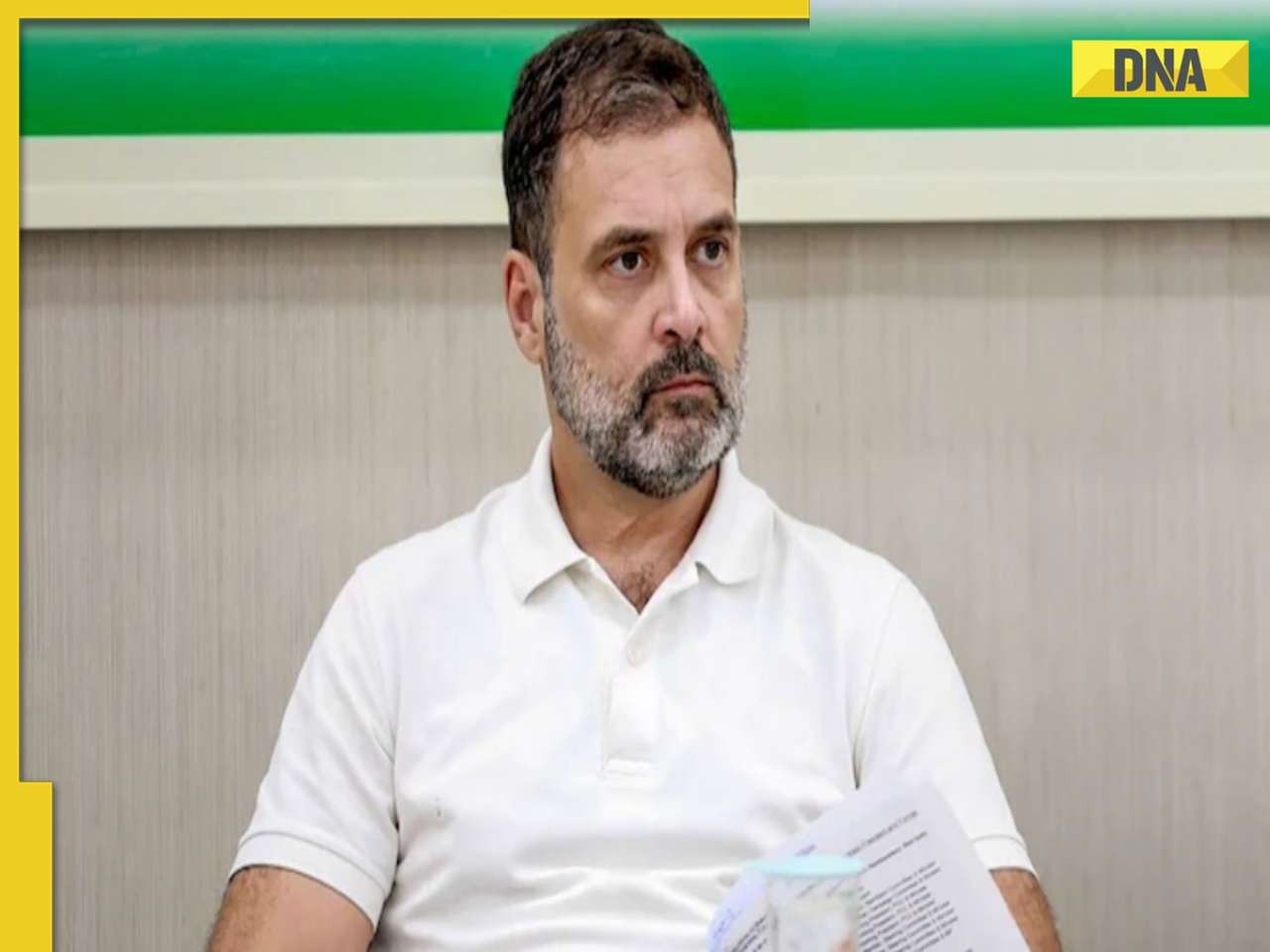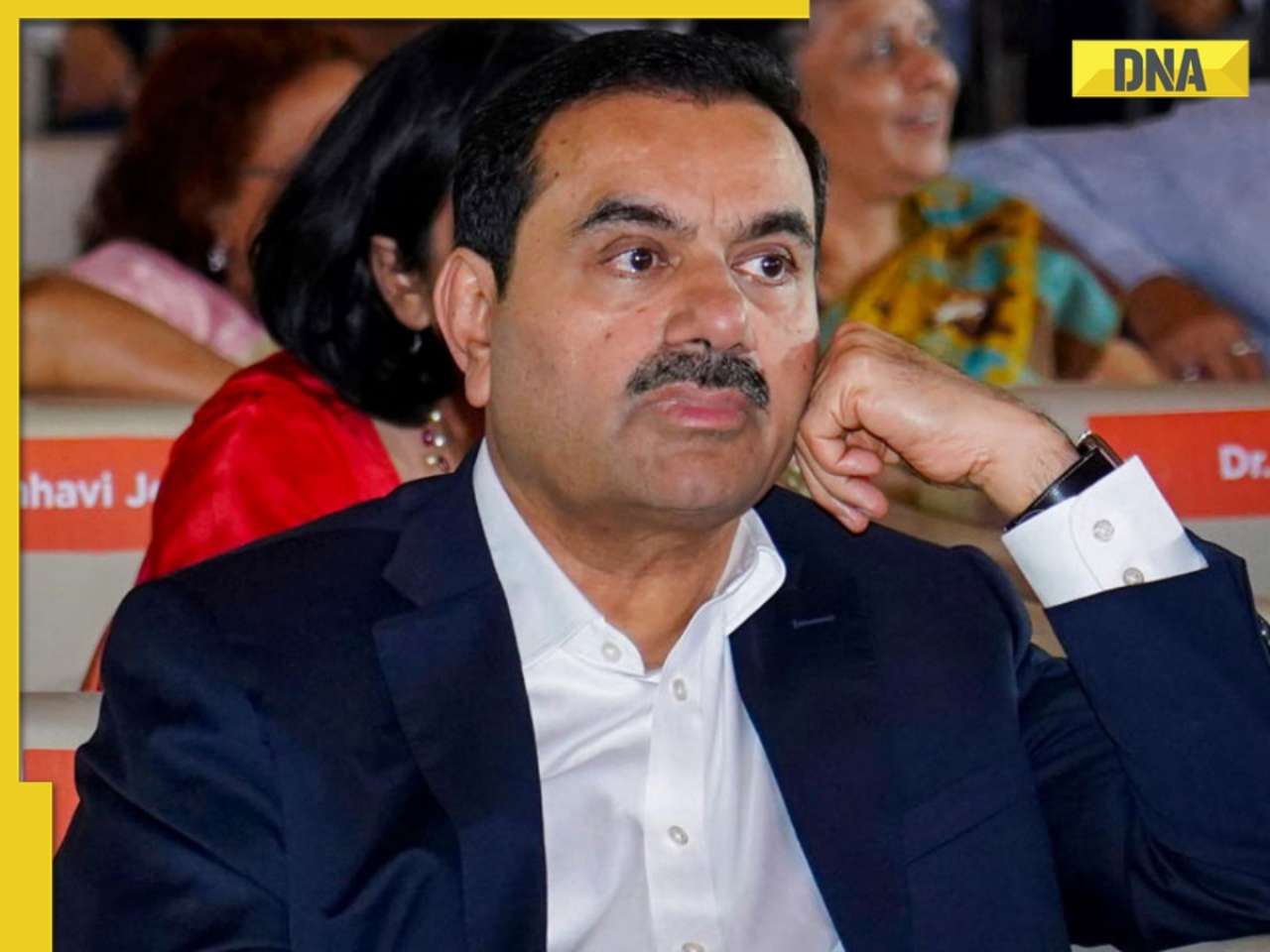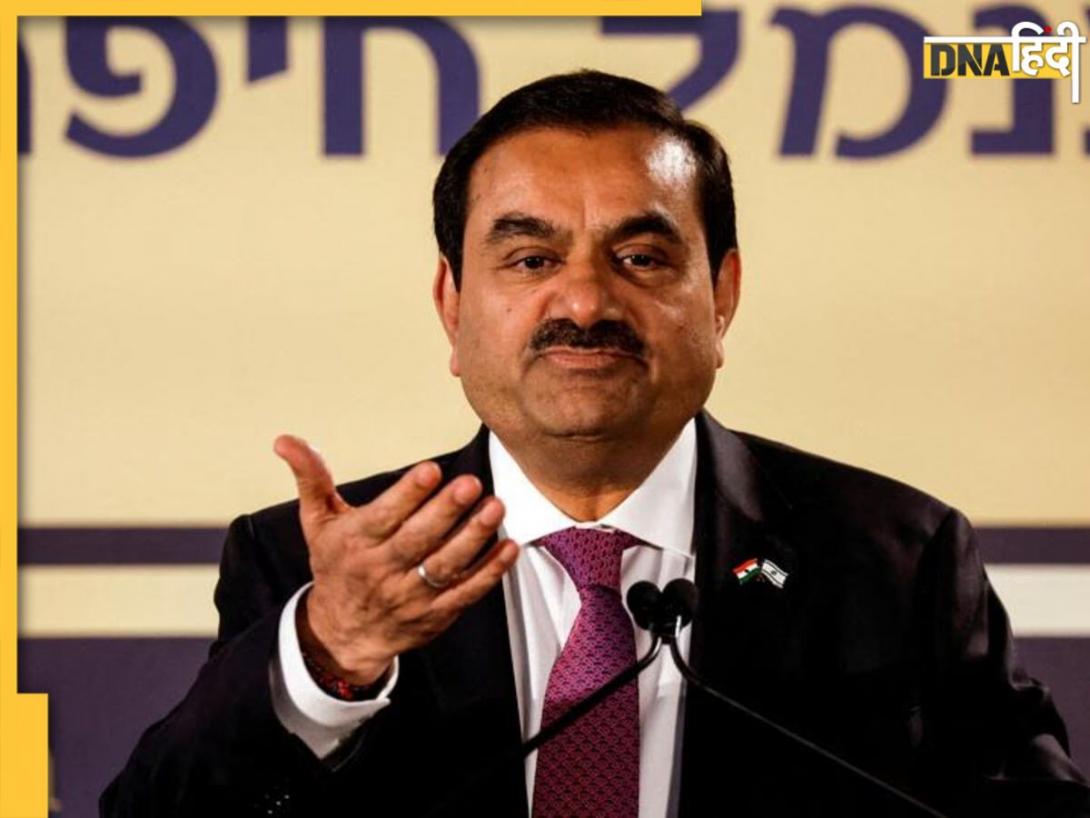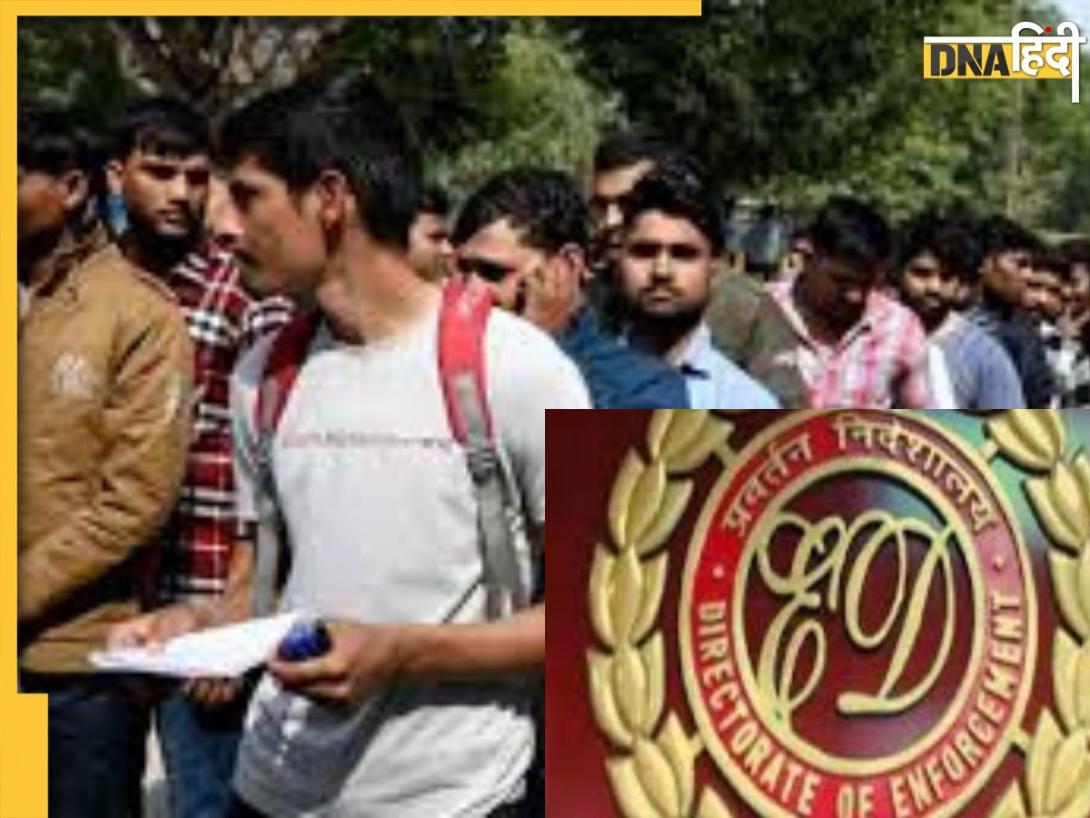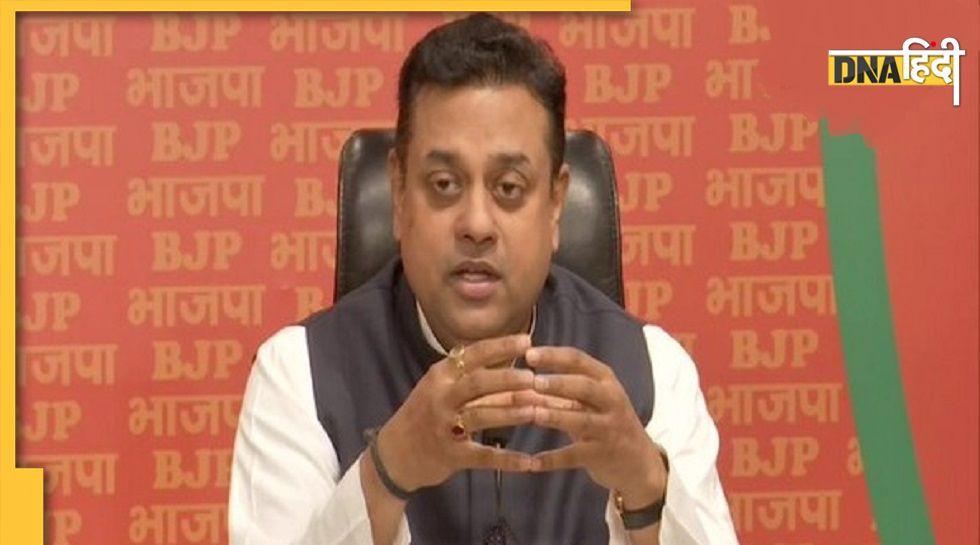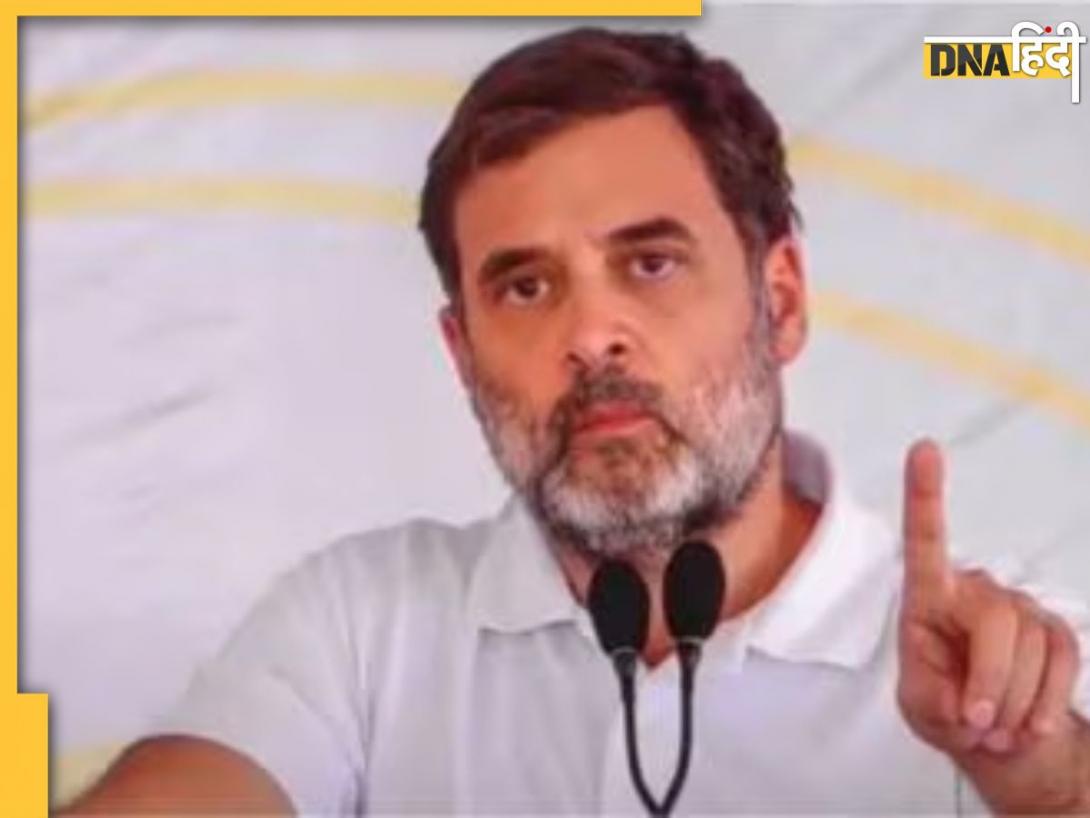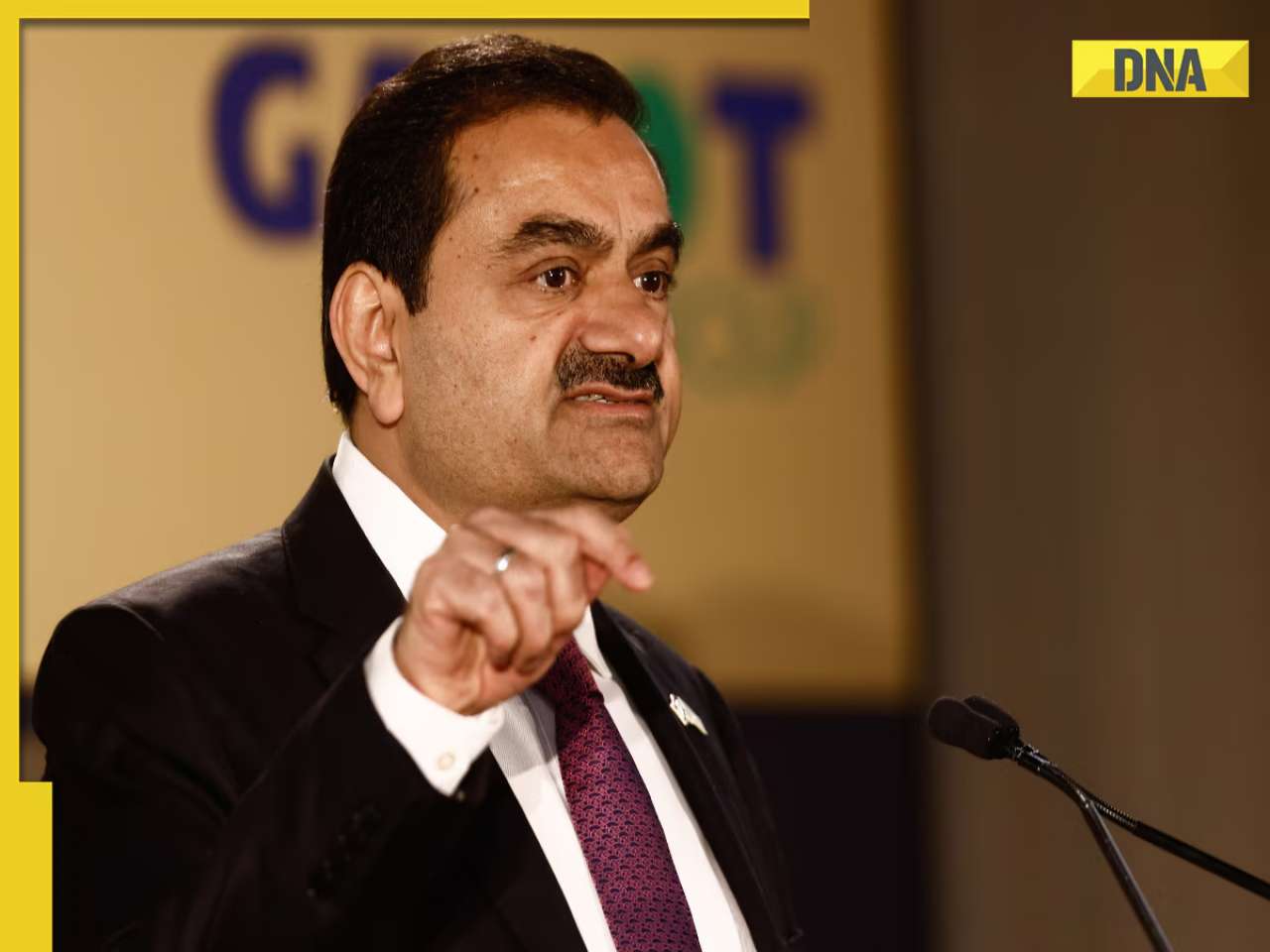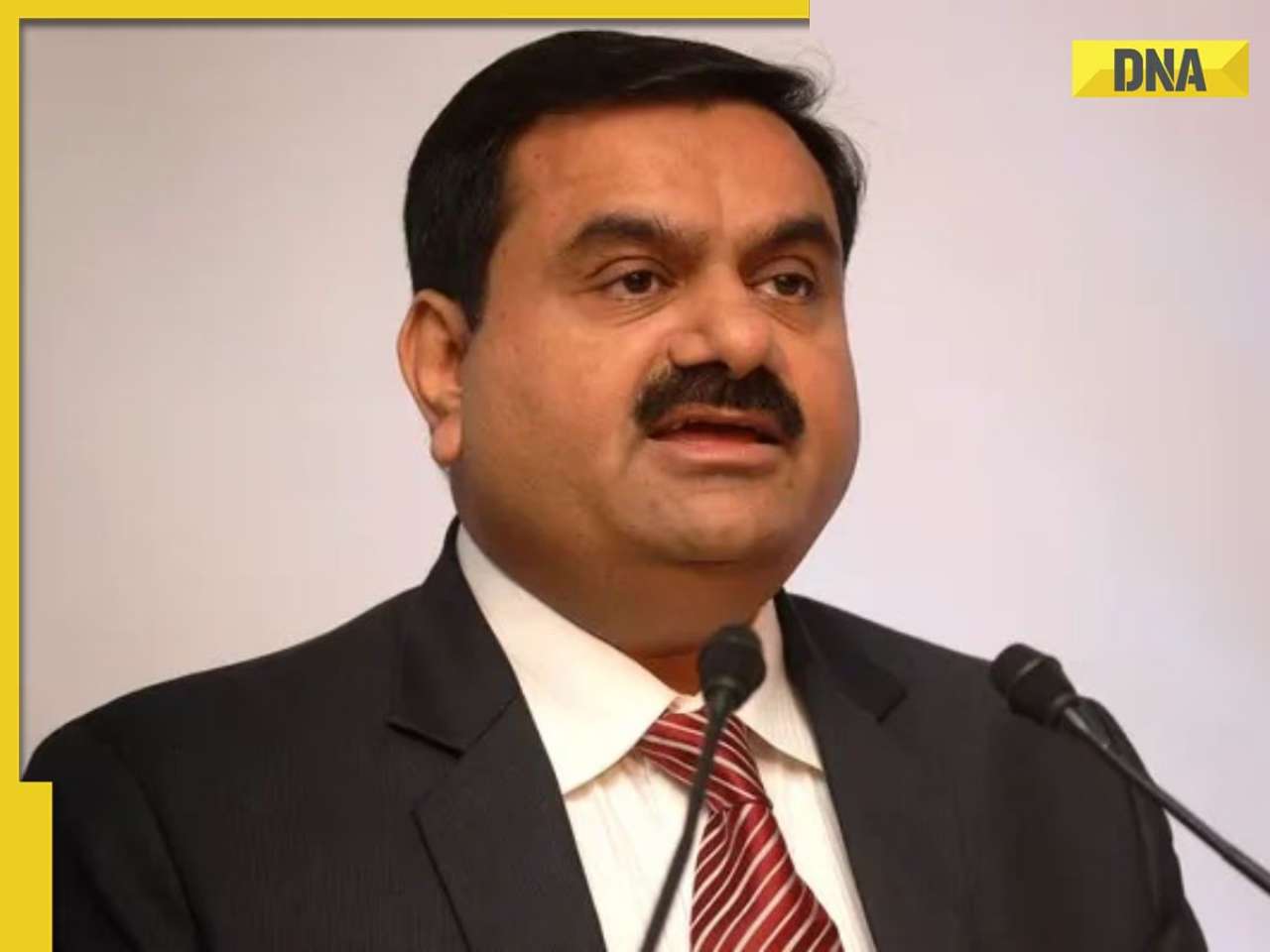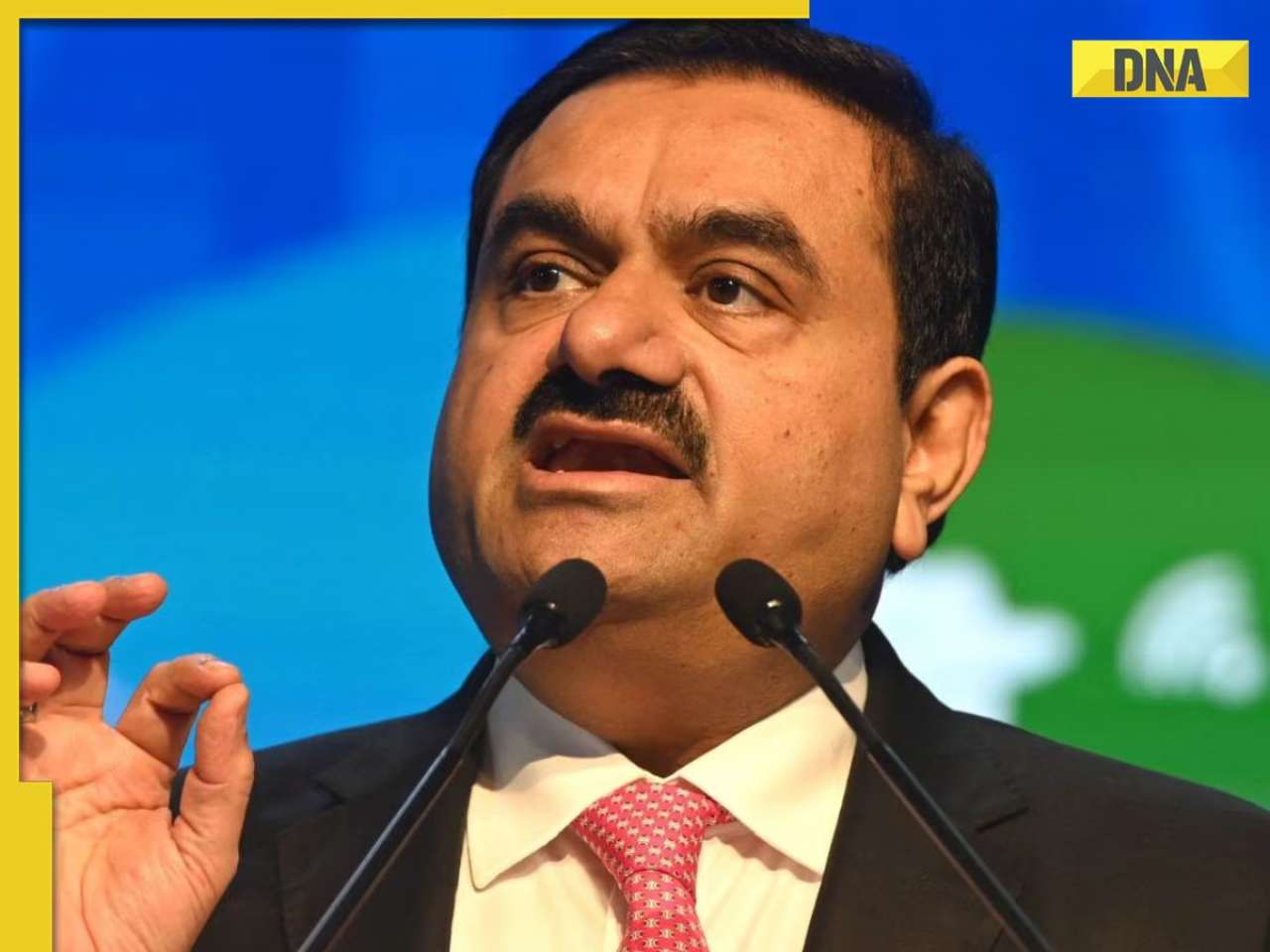- LATEST
- WEBSTORY
- TRENDING
ANALYSIS
With Appeal to India for Regional Solidarity: Yunus, a banker to the poor now turns into a statesman
Bangladesh’s Nobel laureate, Muhammad Yunus, has been asked to lead the interim government following a political crisis that forced Prime Minister Sheikh Hasina to flee the country on Monday. At 84, Yunus praised the student-led protests that had led to Hasina’s fall, calling it a ‘Second Victory Day’. He has been critical of Hasina’s strict rule over the past 15 years. He now takes charge after one of the deadliest protests in the nation’s history, which resulted in over 300 deaths and thousands of arrests.
TRENDING NOW
Bangladesh’s Nobel laureate, Muhammad Yunus, has been asked to lead the interim government following a political crisis that forced Prime Minister Sheikh Hasina to flee the country on Monday. At 84, Yunus praised the student-led protests that had led to Hasina’s fall, calling it a ‘Second Victory Day’. He has been critical of Hasina’s strict rule over the past 15 years. He now takes charge after one of the deadliest protests in the nation’s history, which resulted in over 300 deaths and thousands of arrests.
The protests had begun over a job quota system that reserved more than half of the jobs for specific groups, including one-third for the descendants of Bangladesh’s 1971 War of Independence veterans. Although the Supreme Court reduced the quotas on July 21, it did not satisfy the protesters. “This is our beautiful country with many exciting possibilities. We must protect it and make it wonderful for ourselves and for future generations,” Yunus told reporters.
The recent protests, which started over government job quotas, grew into a larger movement driven by the youth, who make up a third of the population. They are calling for a new type of politics that emphasises greater democracy and accountability.
Yunus faces significant challenges, including restoring law and order, reviving the economy and ensuring free and fair elections. Ahmed Ahsan, a former World Bank economist and director of the Policy Research Institute in Bangladesh, said Yunus was “the man of the hour”, firmly backed by students protesters who led the movement,” according to Al-Jazeera.
Championing Cause of the Poor
Yunus, the third among nine children of his parents, was born in a village near Chittagong, in erstwhile East Pakistan, in 1940. The year 1961 saw him graduating from the University of Dhaka and travelling to the US on a Fulbright scholarship in 1965 to do his Ph.D in economics at Vanderbilt University, finishing in 1969. After that, he became an assistant professor at Middle Tennessee State University.
During Bangladesh’s 1971 Liberation War, Yunus supported the movement for Bangladesh’s independence. He helped create a citizens’ committee in Nashville and worked with the Bangladesh Information Center in Washington, DC, to lobby Congress to stop military aid to Pakistan. In 1972, after Bangladesh gained independence, Yunus returned home. He worked at Bangladesh’s new Planning Commission for a short while before he joined the University of Chittagong’s economics department.
In 1976, while conducting field research, he visited villages affected by famine. He loaned $27 to 42 villagers and they all repaid him on time. This experience showed him that small loans, or microcredit, could significantly help poor villagers, who were often trapped by high-interest moneylenders. It led to the creation of Grameen Bank, which focused on providing microcredit to help people start businesses. Yunus became known as the ‘Banker to the Poor’ for helping millions escape poverty through this initiative.
Recipient of the 2006 Nobel Prize
In 2006, the Nobel Peace Prize went to Yunus and Grameen Bank for their efforts to promote economic growth and social equity at the grassroots level. By then, the bank had lent over $7 billion to more than seven million borrowers, 97% of whom were women, with an impressive repayment rate of nearly 100%.
Yunus is now navigating the challenging world of politics, moving beyond just theory. His immediate task at hand is to restore stability after five weeks of violent protests. But he faces a bigger problem: an economic crisis with rising food prices and a stagnant job market.
Jon Danilowicz, a former US diplomat who worked in Bangladesh for eight years, believes Yunus is a strong choice for leadership because of his international reputation, which could benefit the 170 million people in the country. Danilowicz noted that Yunus had significant credibility, especially in the US and could leverage the goodwill there to help Bangladesh.
He also outlined three major challenges for the interim government:
Addressing economic issues
Untangling political influences in such key institutions as the civil service, police and judiciary, and
Holding serious human rights violators accountable
He needs to quickly establish civilian leadership and ensure that the army returns to its usual role of supporting the government, Danilowicz said. On the diplomatic side, Yunus will need to build a friendly relationship with India, which has supported the Hasina administration. Hasina is currently visiting India.
Targeted by former PM Hasina
Yunus became a target of Hasina’s anger after he suggested starting a political party in 2007. His idea for a party came because the two main political parties—Hasina’s Awami League and the Opposition Bangladesh Nationalist Party (BNP)—were failing to tackle widespread corruption and growing income inequality.
In 2011, Hasina, seeing the respected economist as a political threat, removed him from his role as managing director of Grameen Bank, calling him a “bloodsucker” of the poor. Her government then launched financial investigations into his non-profit organizations. Last year, Yunus was convicted of violating labour laws and faces an ongoing corruption case that many believe is unfounded.
Yunus has faced ongoing persecution from the previous government, but he never thought of leaving the country. Instead, he has chosen to support his own institution and his nation, thus opting to be a patriot.
Disappointed with India’s Response
In an interview with the Indian Express, Yunus expressed his disappointment with India’s view that the protests in Bangladesh were an internal matter. He questioned how a fire in a neighbour’s house could be called an “internal matter”. He added, "We want to have friendly relations with all neighbouring countries. We want to feel like a family and enjoy each other’s company, just like the European Union. When India labels it ‘an internal issue’, it hurts me.”
(The author of this article is a Defence, Aerospace & Political Analyst based in Bengaluru. He is also Director of ADD Engineering Components, India, Pvt. Ltd, a subsidiary of ADD Engineering GmbH, Germany. You can reach him at: girishlinganna@gmail.com)
Disclaimer: The views expressed above are the author's own and do not reflect those of DNA
Find your daily dose of news & explainers in your WhatsApp. Stay updated, Stay informed- Follow DNA on WhatsApp.







)
























